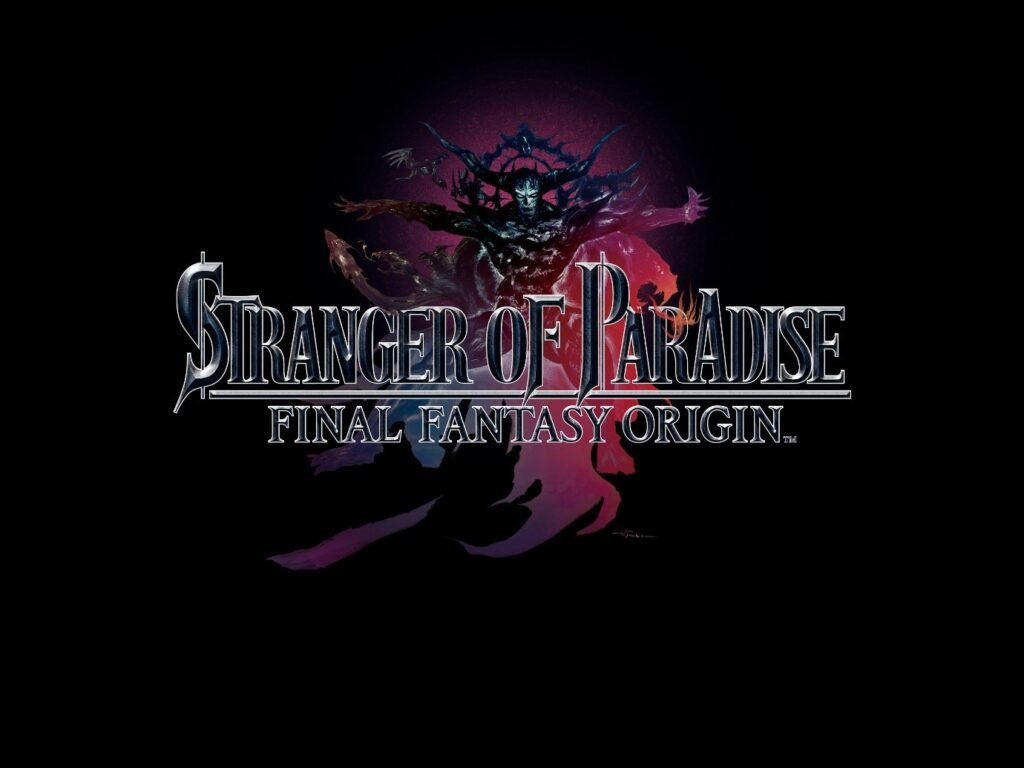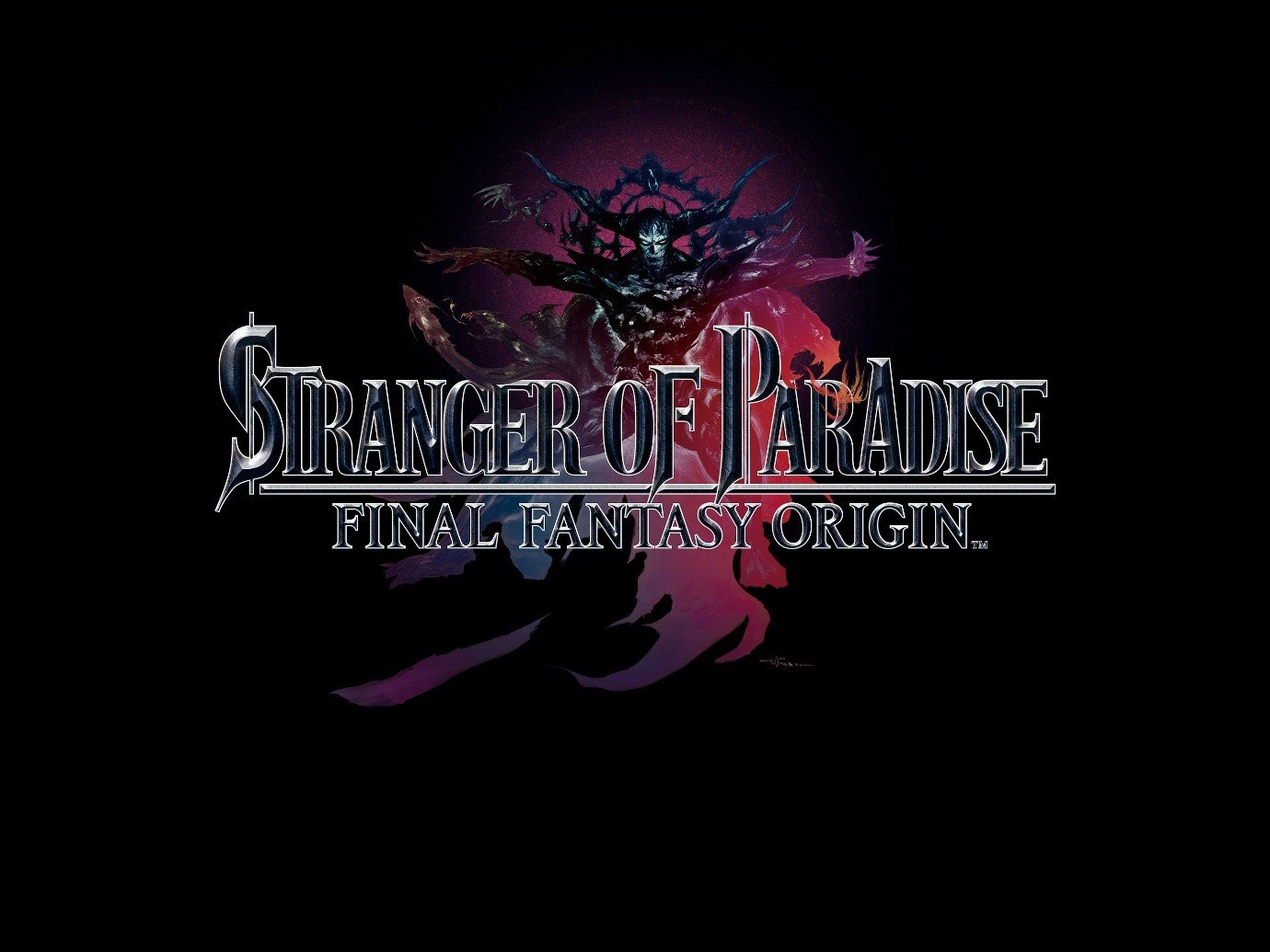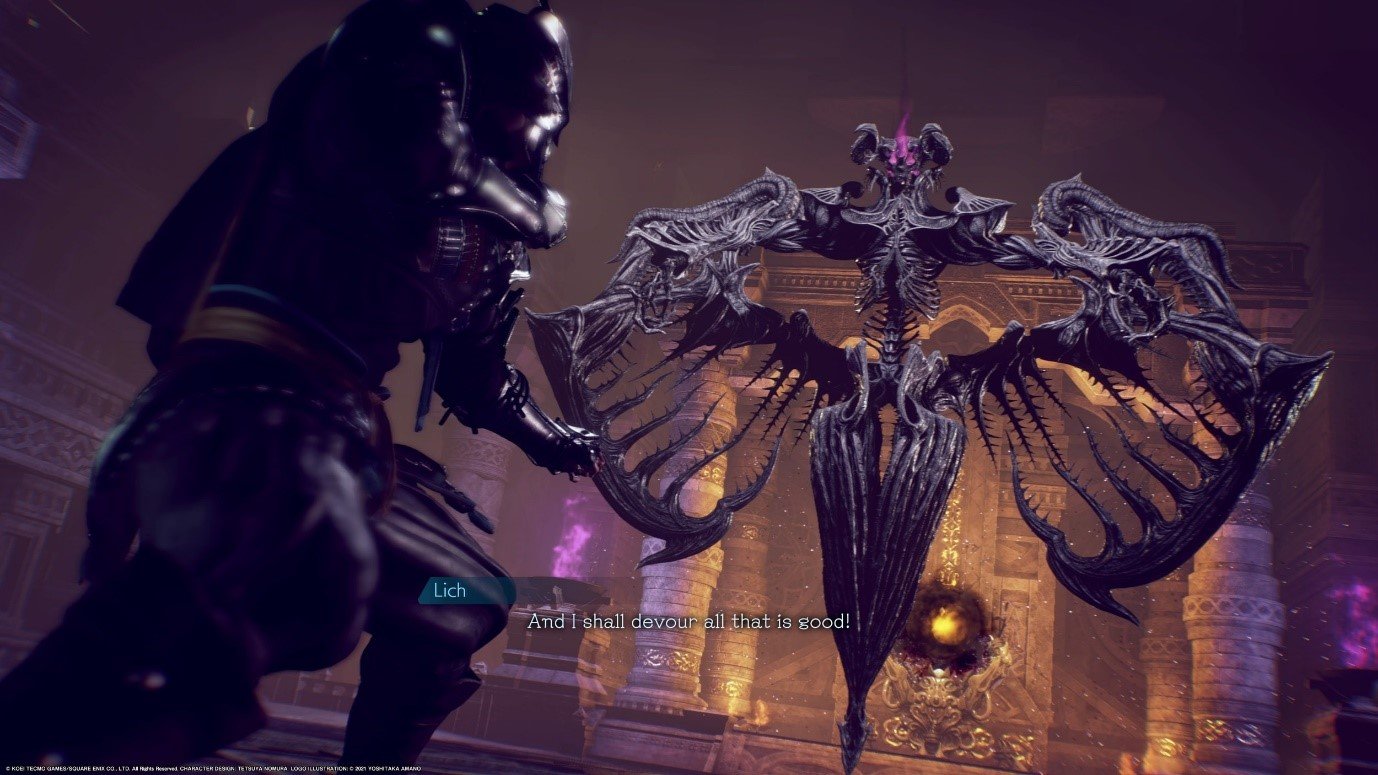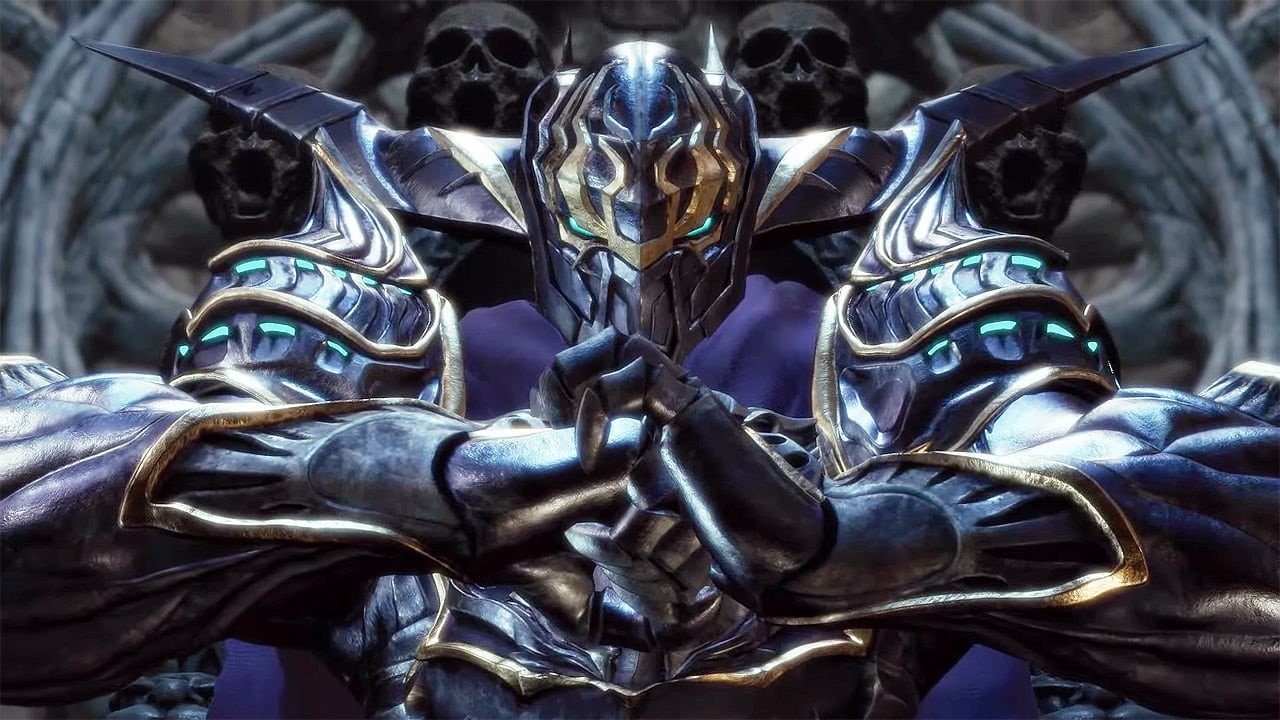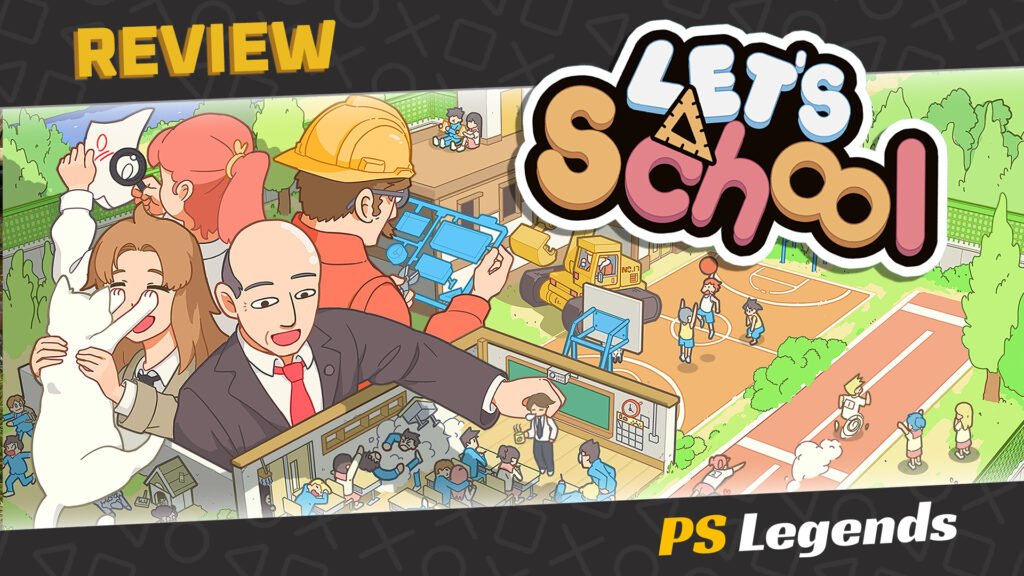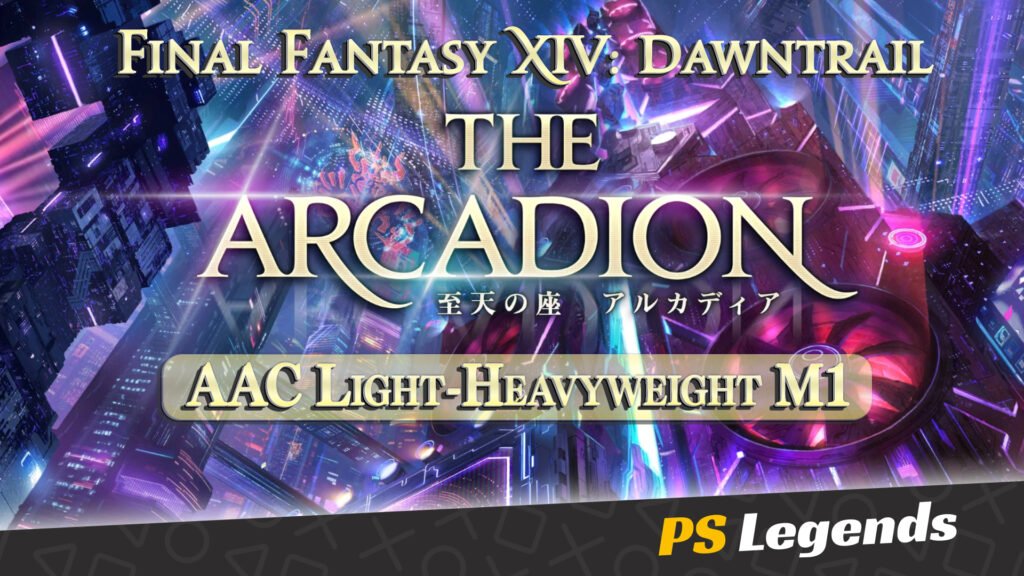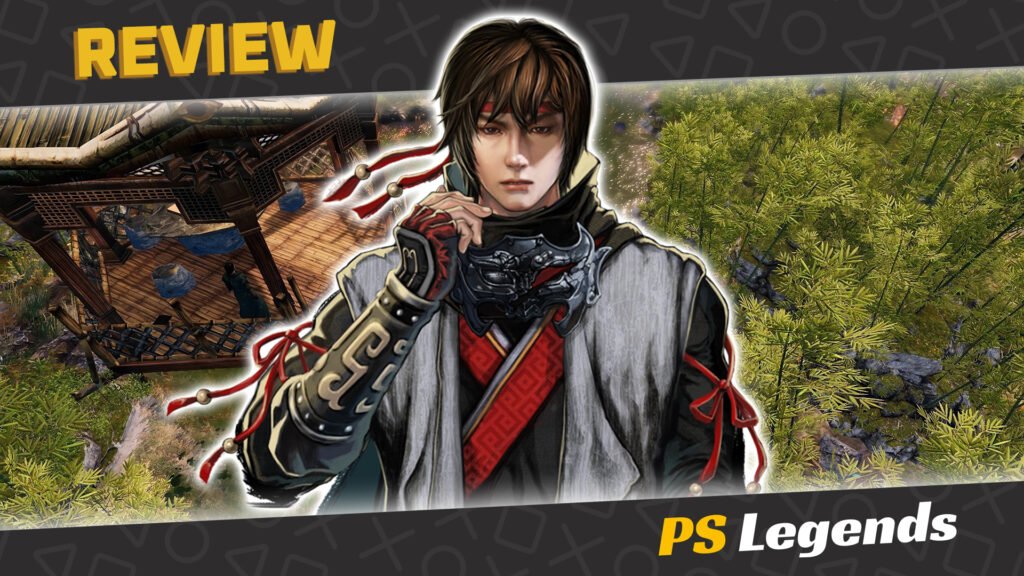Stranger of Paradise: Final Fantasy Origin is the game we never knew we needed. It makes the effort to go back to the original 1987 Final Fantasy and finish what it started. Massively restricted by the hardware limitations available at the time, Final Fantasy was a story riddled with a multitude of enormous plot holes. Stranger of Paradise exists to fill in these gaps with its own stylish twist on the dark fantasy genre.
Created by a curious alliance, Stranger of Paradise is an action JRPG developed by Koei Tecmo’s Team Ninja and published by Square-Enix in celebration of the series’ 35th anniversary. It is an unusual game. One could argue that it could alienate a portion of its audience, but there is a good reason for this.
Diving head-first into the time loop revealed at the end of the original game, Stranger of Paradise isn’t afraid to get deliciously ‘meta’ and makes no apologies for doing so. It expects the player to remember the plot of the original, including those plot holes mentioned earlier, so you might want to play Final Fantasy Pixel Remaster first.
It’s a game that will keep you guessing from start to finish, with one of the biggest reveals in the Final Fantasy universe highlighted in the final chapter. It’s also a game that likes to tease you, with such examples as protagonist Jack listening to music on an iPod equivalent in what should be a medieval fantasy setting, or the charming inclusion of Frank Sinatra’s ‘My Way’. Don’t worry, all will make sense in time.
On This Page
Story
Beginning an unspecified amount of time before the original Final Fantasy, a man named Jack arrives in the kingdom of Cornelia with no memory of his past other than an overwhelming desire to destroy ‘Chaos’. Jack is joined by two other companions, Ash and Jed, who also share the same obscure memories.
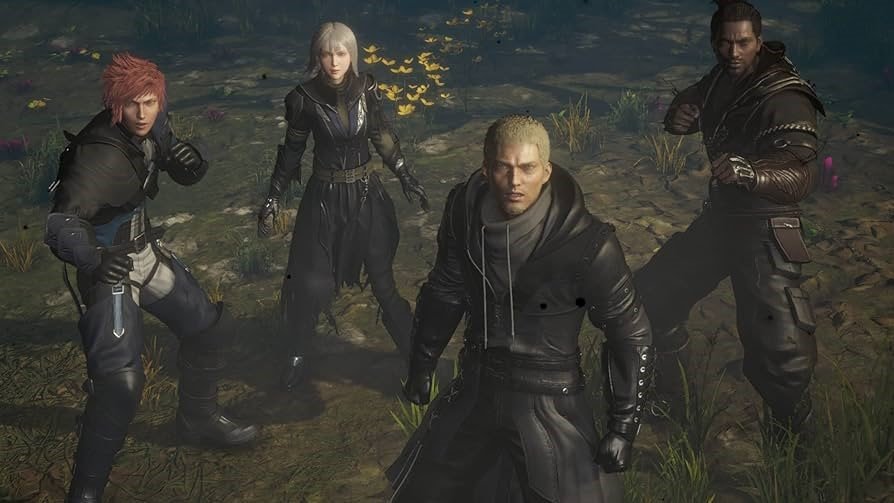
They petition the King of Cornelia to allow them to enter the Shrine of Chaos to destroy Chaos itself. While the King and his court are skeptical of Jack, Ash, and Jed being the prophesied Warriors of Light from legend due to the fact, they are a party of three instead of four and possess only tiny, black crystals rather than grand, elemental crystals. The King allows them access to the Shrine.
Emerging victorious against Garland, a former Cornelian knight who has seemingly taken on the role of Chaos, Jack and his slowly growing team of allies (Neon is adorable) find that the darkness of Chaos still plagues the world. Are they really the Warriors of Light from legend or something else entirely? Their true quest has only just begun.
Gameplay
Stranger of Paradise: Final Fantasy Origin is an action role-playing game in which players take on the role of protagonist Jack, exploring environments and fighting historical monsters of the Final Fantasy series. Focus on blocking, dodging, and parrying is also a significant factor, making the game something of ‘Souls-like.’
Combat takes place in real-time, with Jack being able to switch between two assigned jobs and use the physical and magical attacks associated with them. Once an enemy’s break gauge is depleted, Jack can also perform a brutal finishing blow that crystallizes and shatters the enemy in a spectacle of bloody shards, allowing Jack to harvest them and restore a portion of his magic meter.
The job system starts you off as a Swordsman and then opens up increasing numbers of other classes that change the types of weapons, armor, and special moves you have access to. Some focus on shields, others on speed or magic, and all are agreeably varied in their pros and cons. Jack can mix things up by assigning two jobs at once and can instantly swap between them. You can also set jobs for your companions, including their weapons and armor, even though you otherwise have no control over them.
As gloriously stylish and visceral as the battles are, fighting and treasure-hunting often leave you with an unmanageable amount of loot; having to sort through your clutter quickly becomes a chore that briefly slows the game’s pacing down to a crawl. The game is absolutely obsessed with loot. Thankfully, there’s an optimize button to auto-equip the party with the highest-level gear.
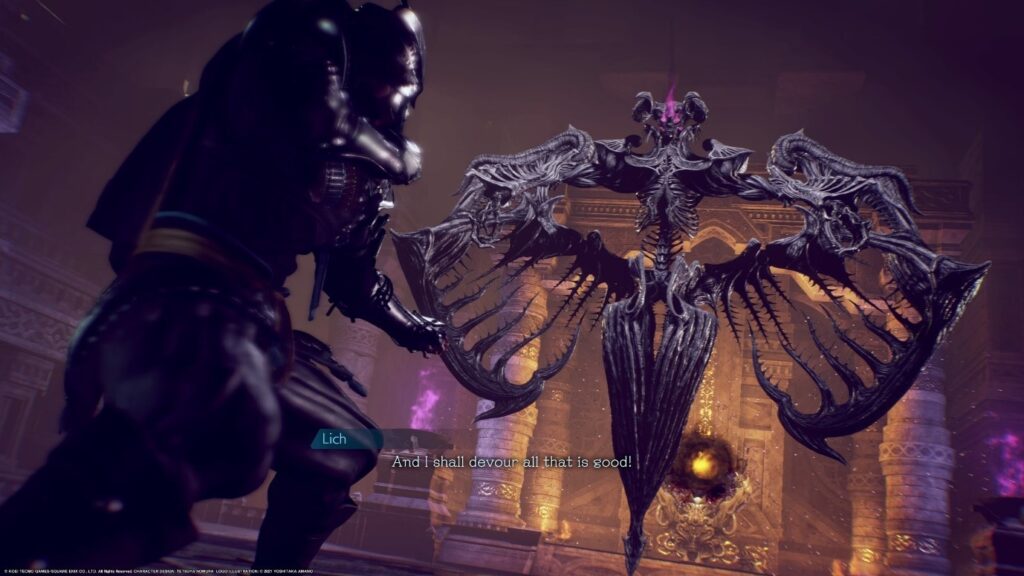
You can’t sell loot you don’t want, but you can dismantle it to use its components to upgrade the gear you decide to keep, although this seems somewhat pointless since you’ll inevitably come across something better in a few minutes anyway, with each new level offering equipment a few levels higher than the previous stage’s offerings.
Graphics/Sound
Graphically, the game looks rather last-gen, though it does have pros and cons too. The beautifully gothic and darkly detailed architecture is a significant plus, clearly taking inspiration from Dark Souls itself. These structures make up most of the level designs, but you will encounter the occasional wilderness area.
Most of the game’s levels feature remixed music from other games in the series, though I confess I did fail to recognize many of them, with lesser-known or less popular tunes being chosen. The Sunleth Waterscape from Final Fantasy XIII and Mount Gulug from Final Fantasy IX did stand out as excellent additions though.
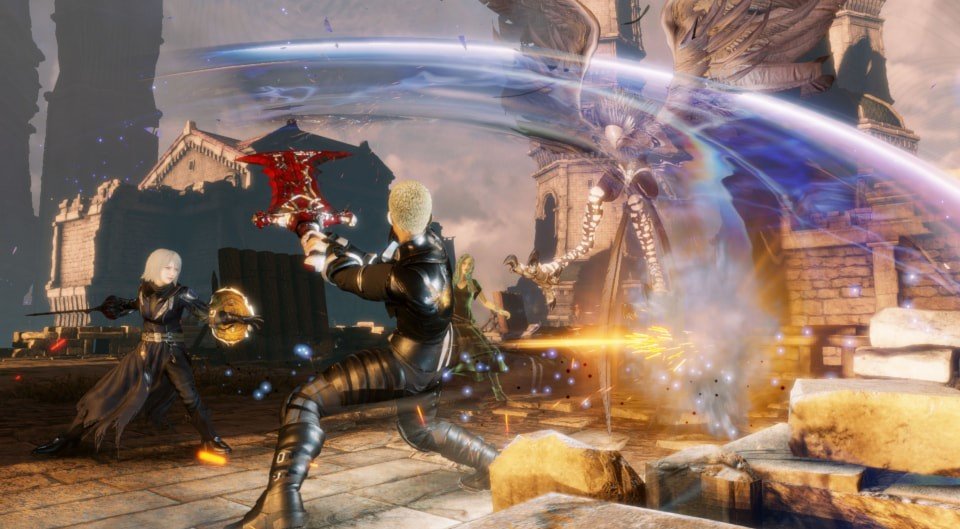
The character voice acting is of a suitably high standard whilst the lip-syncing is somewhat hit-and-miss, with facial animation details coming second to the environments. Eyes have a bold, shimmering presence, but otherwise, faces can be a little emotionless, which, thankfully, isn’t terribly out of place for characters with very little memory to work with.
I did notice the occasional slip-up with the vast variety of armor and outfits available. Since every character can equip pretty much any piece of equipment, this can clash with character models, with fifth-party member Sophia’s hair often clipping through her chosen outfit.
Replayability
With the game’s world map being based on selectable stages rather than finding dungeons via exploration, your missions, both main and side-quests, are all accessed from menus when you move your cursor to the relevant location on the map. This means everything can be done in a single playthrough, and you can toggle the difficulty settings from here, too, to give more advanced players an additional challenge with additional rewards.
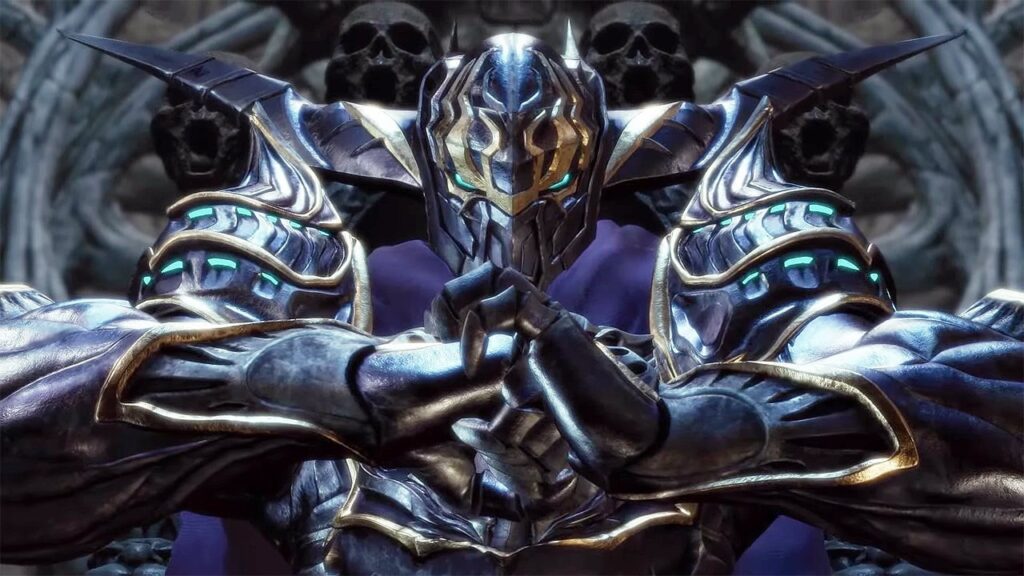
Most trophies are story-related and will unlock as you play. However, the remaining quarter will require hunters to put hours into grinding out enough experience to max out the levels of each job and play high-difficulty missions to find rare items. The challenge is certainly there if you want it.
Conclusion
While the characters could benefit from some visual tweaks, the combat is so gloriously satisfying that the game is thoroughly enjoyable, and having an easy mode is potentially a great place to start for those looking to dip a nervous toe into a Souls-like game.
I’m sure many would argue that the combat is the game’s best feature. However, I’d argue that the mystery of the story outshines even that. Sure, it starts somewhat vague and often silly, but when the pieces come together at the end, and you work out who the real villains are, both in Stranger of Paradise and by extension, the original Final Fantasy, then you’re left with something of an epic ‘Wow’ moment.
There is superb storytelling here, but you will need to stick it out from start to finish. Every stage brings another piece to the puzzle, and the ending will leave you with a hunger, craving the knowledge of what comes next. There is certainly room for a sequel here, and I genuinely hope we get one.
Joys
- Beautifully stylish combat
- Very clever storytelling
- Fun characters
Cons
- Loot is a little overwhelming
- Some fiddly trophies
- Character models could be better
